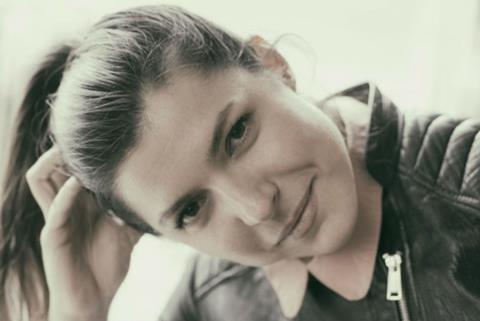
New films by Darya Zhuk, Aliaksei Paluyan and Andrei Kustila are among 17 upcoming fiction and documentary projects by independent Belarusian filmmakers to be presented at the launch of the Belarusian Independent Film Academy at the EFM this morning (Friday, February 17).
Zhuk’s Until This Summer, which was one of the projects pitched at the 2021 edition of Connecting Cottbus East-West co-production market, follows three female protagonists whose paths overlap during one day in August 2020 which dramatically shifted the public’s perception of the ruling regime as unjust.
Paluyan, whose documentary award-winning Courage premiered at the Berlinale in 2021, will present the fiction project Waiting For Bernau which focuses on a son and father who find themselves at opposite ends of a power struggle that goes back to Soviet times.
Documentary filmmaker Kutsila, one of the Belarusian filmmakers selected by the Berlin-based Nipkow Programm for its emergency six-month residency programme launched last summer, is pitching Letters, based on the correspondence of political prisoners in Belarus and their relatives who are actually free, but feel that they live under occupation.
The showcase also includes Volia Chajkovskaya’s debut feature documentary The Wife Of… telling the story of three women and their fight to free their husbands from jail and their country from a brutal dictatorship, and Andrey Kashpersky’s political satire Here Was Lenin about two awkward capital officials investigating the mysterious disappearance of a Lenin monument in a small Belarusian city.
Speaking to Screen, Zhuk - whose debut feature Crystal Swan premiered in Karlovy Vary in 2018 - explains that the thinking behind the launching of the Belarus Independent Film Academy (BIFA) is to create “a virtual home for filmmakers without a home: it unites filmmakers who lost their home base in their native Belarus and are living in exile due to current repressive political climate, as well as filmmakers who remain in the country and create ‘under the radar’ in spite of the mass repressions.”
“We would like to build an organization akin to other academies that currently operate in European countries. Obviously, unlike European film academies, our organization will be independent of our government’s financial support,” she points out, adding that the goal is “to create substantial network opportunities, solidify options for co-production financing, amplify voices of our filmmakers at international markets, and assure general visibility of Belarusian cinema.”
The initiative has already received a pledge of support from the European Film Academy whose CEO and director Matthijs Wouter Knol has said that his institution will make all of EFA’s experience and contacts available to the nascent organisation and also help it to become a member of the Association of European Film Academies.















![[L-R]: Amanda Villavieja, Laia Casanovas, Yasmina Praderas](https://d1nslcd7m2225b.cloudfront.net/Pictures/274x183/6/4/1/1471641_pxl_20251224_103354743_618426_crop.jpg)









No comments yet